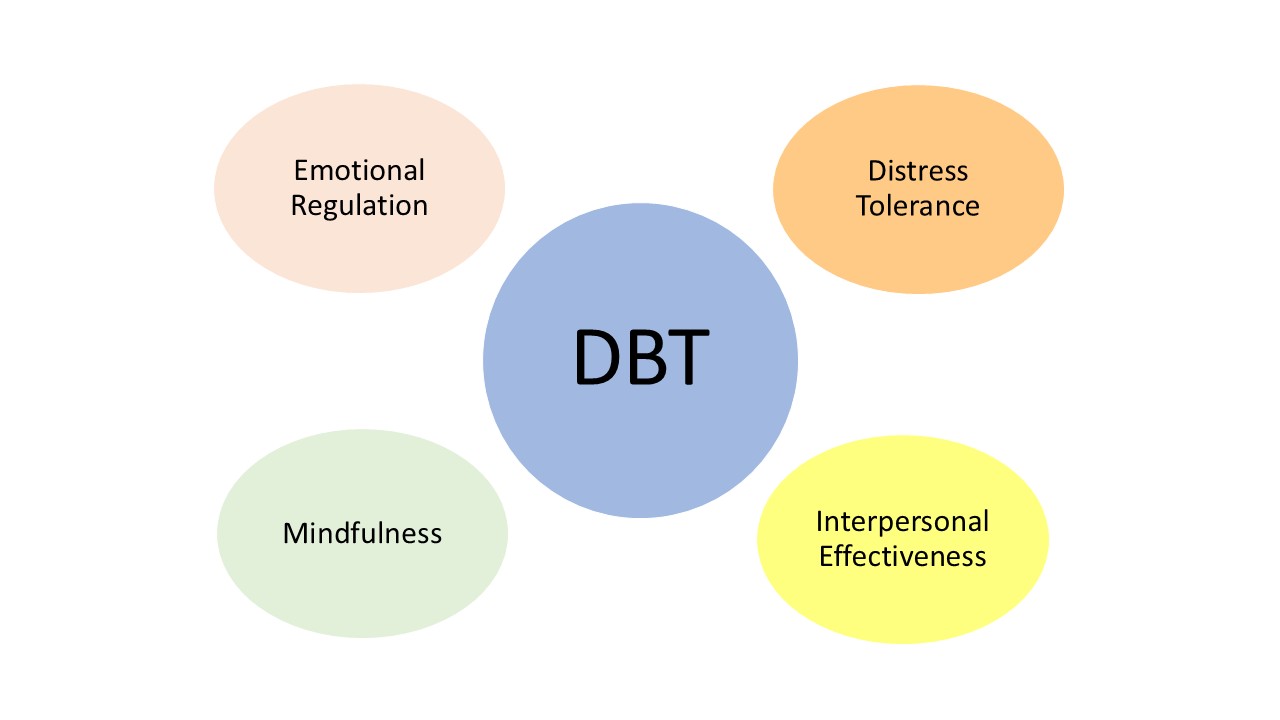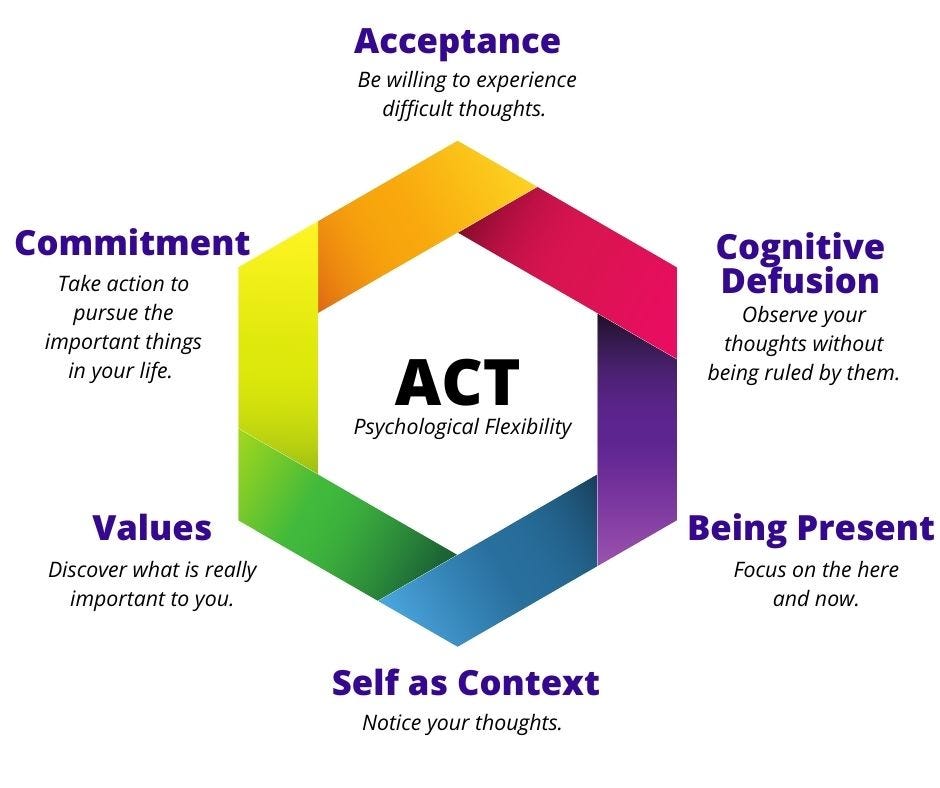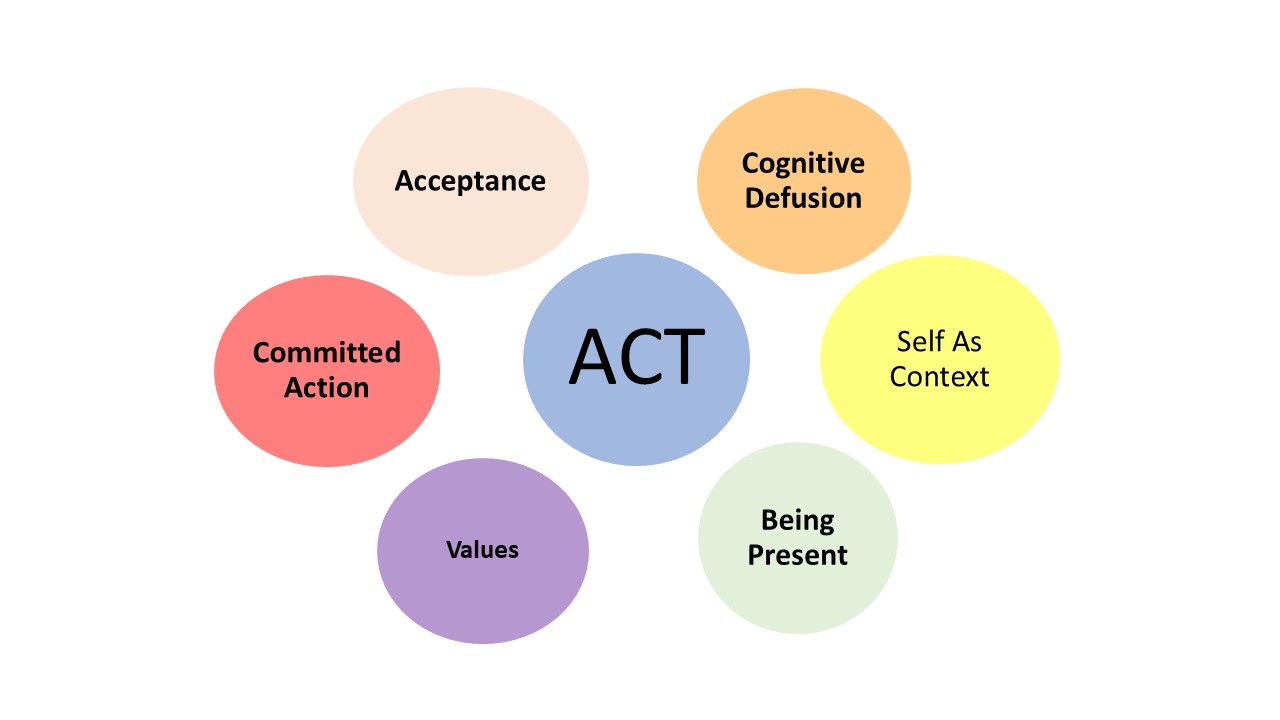Hi, I'm Dr. Lance Hawley, C.Psych. - nice to meet you!
I'm a Clinical Psychologist, Research Scientist and Associate Professor who takes an integrated approach to mental health.
Although my main approach involves Cognitive Behavioural Therapy, I also like to take an integrative approach to mental health, drawing on other approaches including Mindfulness Based CBT, Dialectical Behavioural Therapy, and Acceptance and Commitment Therapy.
I offer virtual appointments for individuals experiencing difficulties involving depression, anxiety, and other mental health issues.
Feel free to explore my website - I have an overview of these treatment approaches and resources that you might find helpful.




